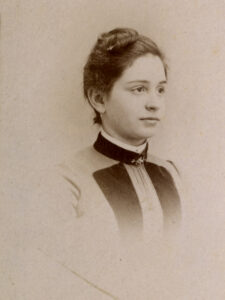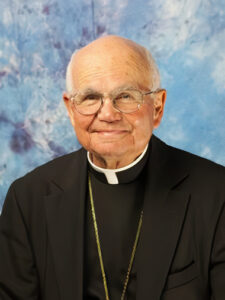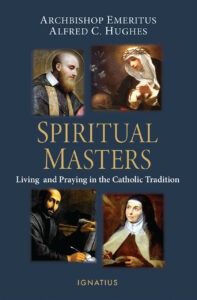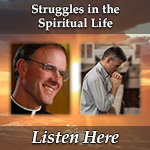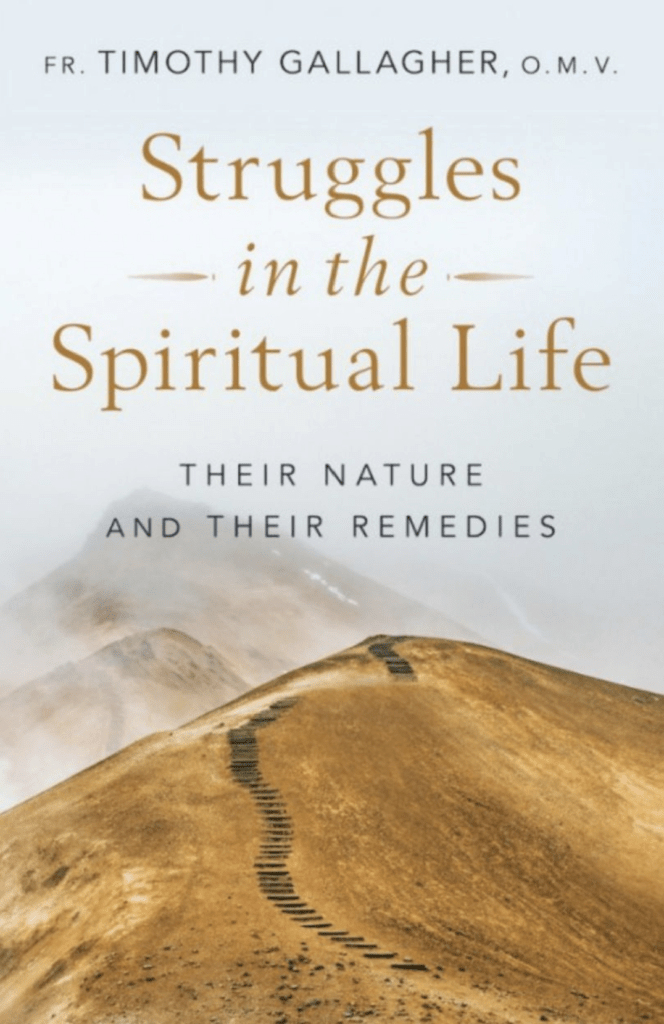Podcast: Play in new window | Download (Duration: 27:41 — 19.1MB) | Embed
Subscribe: Apple Podcasts | Spotify | Amazon Music | Android | Pandora | iHeartRadio | JioSaavn | Podchaser | Gaana | Podcast Index | Email | TuneIn | Deezer | Anghami | RSS | More

Holy Family Sunday – Honoring Mother and Father
Msgr. John Esseff reflects on the need for healing mother and father wounds, a topic that resonates with many. With his deep spiritual insight and experience, he reflects on the complex dynamics of family life and the crucial roles of understanding and forgiveness.
Through intricacies of parental relationships and the profound impact of fatherhood, Msgr. Esseff shares personal narratives that illustrate the journey of reconciling with parental figures and the transformative power of forgiveness, and how these familial relationships significantly influence our spiritual and emotional growth.
Central to the reflection is the healing from mother and father wounds, the emotional scars left by strained or absent parental relationships and how the path to healing these deep-seated wounds. We are encouraged to explore forgiveness, not just as a religious act, but as a vital step towards inner peace and spiritual maturity.
Discerning Hearts Reflection Questions:
-
- Understanding Parental Influence: Reflect on how your relationship with your parents has shaped your faith and personal beliefs. What positive lessons have you learned, and what challenges have you faced?
- Healing and Forgiveness: Consider any wounds or unresolved issues you may have with your parents. How can you approach these with a spirit of forgiveness and understanding, as guided by Catholic teachings?
- Role of Fathers in Faith: How has the role of your father or father figures impacted your spiritual life? Reflect on the importance of fatherhood in the Catholic faith.
- Caring for Aging Parents: Reflect on the commandment to honor your father and mother. How does this apply to caring for aging parents in today’s world, and how can you balance this responsibility with other duties?
- Embracing Love and Understanding: How can you better incorporate the virtues of love, patience, and understanding in your family relationships, as modeled by the Holy Family?
- Personal Transformation through Forgiveness: Share a personal experience where forgiveness led to healing and transformation in your family or community.
- Spiritual Growth through Family Dynamics: In what ways have your family experiences contributed to your spiritual growth? How can you use these experiences to deepen your faith?
- Impact of Absent Parents: If applicable, reflect on the impact of an absent parent in your life. How has this shaped your understanding of God as a Father?
- Prayer and Family Life: How can prayer strengthen your family relationships? Consider developing a prayer routine that includes praying for and with family members.
- Role Modeling and Legacy: What legacy do you wish to leave for your children or future generations in terms of faith and family values?
Reading 1 SIR 3:2-6, 12-14
God sets a father in honor over his children;
a mother’s authority he confirms over her sons.
Whoever honors his father atones for sins,
and preserves himself from them.
When he prays, he is heard;
he stores up riches who reveres his mother.
Whoever honors his father is gladdened by children,
and, when he prays, is heard.
Whoever reveres his father will live a long life;
he who obeys his father brings comfort to his mother.My son, take care of your father when he is old;
grieve him not as long as he lives.
Even if his mind fail, be considerate of him;
revile him not all the days of his life;
kindness to a father will not be forgotten,
firmly planted against the debt of your sins
—a house raised in justice to you.
Msgr. John A. Esseff is a Roman Catholic priest in the Diocese of Scranton. He served as a retreat director and confessor to St. Teresa of Calcutta and encountered St. Padre Pio, who became a spiritual father to him. Msgr. Esseff has lived in various parts of the world, working in the Pontifical missions, a Catholic organization established by Pope St. John Paul II to spread the Good News, especially to the poor. Msgr. Esseff continues his service as a retreat leader and director for bishops, priests, sisters, seminarians, and other religious leaders worldwide.



